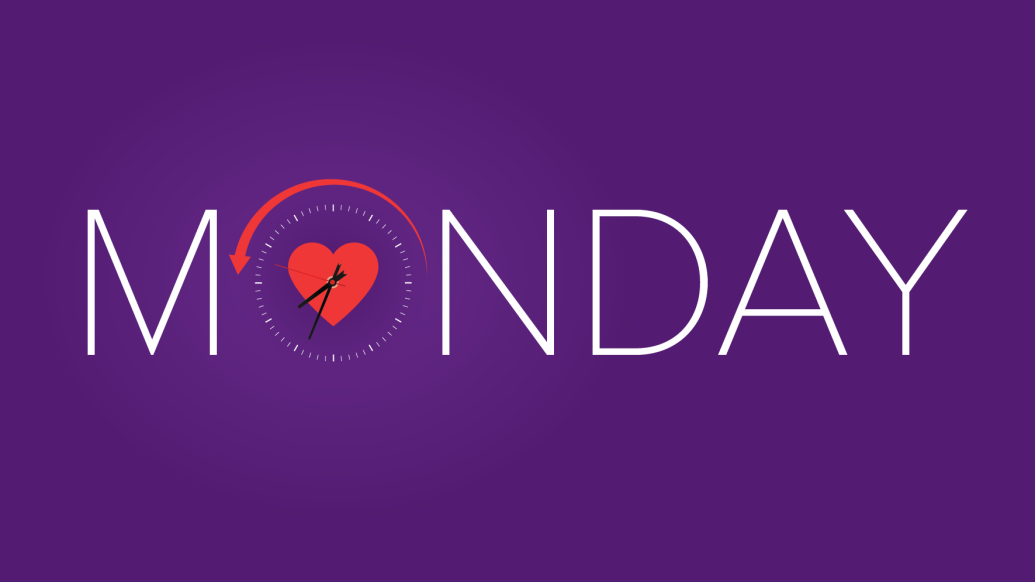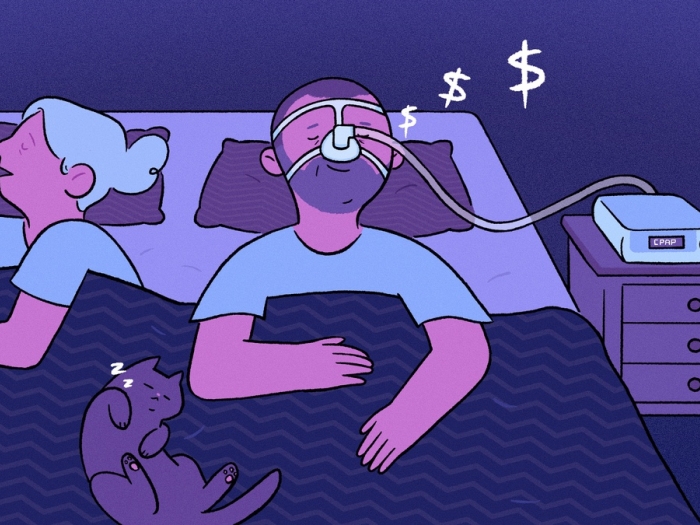The number of heart attacks rises the Monday after daylight saving time, a Michigan Medicine study found. Interrupted sleep may be the culprit.
7:00 AM
Author |

Heart attacks occur most often on Monday mornings. And on one particular Monday, the risk may be further elevated.
MORE FROM MICHIGAN: Sign up for our weekly newsletter
Research shows a 24 percent jump in the number of heart attacks occurring the Monday after we "spring forward" for daylight saving time compared with other Mondays throughout the year.
That lost hour of sleep may play a bigger, perhaps more dangerous role in our body's natural rhythm, according to a 2014 study led by the University of Michigan Frankel Cardiovascular Center.
Although researchers can't say precisely what is driving this rise in heart attacks, they have a theory.
The reason more heart attacks happen on Monday mornings could be attributed to several factors, including the stress of starting a new workweek and inherent changes in our sleep-wake cycle. Previous studies have linked poor or insufficient sleep with heart disease.
With daylight saving time, all of this is compounded by one less hour of sleep.
A night-and-day difference
The hospitals included in the study admitted an average of 31 patients having a heart attack on any given Monday.
But the Monday immediately after springing ahead, there were an average of eight additional heart attacks. Cardiac events tapered off over the other days of that week.
Perhaps more telling, researchers found a 21 percent drop in the number of heart attacks the Tuesday after returning to standard time in the fall, when we gain an hour back.
The study has limitations. For example, it was restricted to one state and heart attacks requiring treatment such as angioplasty, therefore excluding patients who died before they got to the hospital or received help.
SEE ALSO: How Chronic Snoring Can Cause Heart Disease
Still, the findings may underscore a need to better staff hospitals the Monday after setting our clocks forward. It may also mean people who are vulnerable to heart disease may be at greater risk after sudden time changes.
Other risk factors
Although we can't change the calendar, preventive steps can be taken.
Give your body time to adjust by going to bed and waking up 15 minutes earlier starting two to three days before the time change (get more daylight saving time sleep tips from a Michigan Medicine physician here).
It's also helpful to know the signs and symptoms of a heart attack, no matter the time of year.
Crucial, too, is a commitment to making healthful choices.
After all, "most heart attacks happen in those who smoke or have risk factors that are not controlled," says Michigan Medicine cardiologist Hitinder Gurm, M.D. "Quitting smoking would be the most effective strategy for heart attack prevention.
"Controlling high blood pressure and high cholesterol, following a heart-healthy diet and getting regular exercise are other ways to reduce your risk of a heart attack."

Explore a variety of health care news & stories by visiting the Health Lab home page for more articles.

Department of Communication at Michigan Medicine
Want top health & research news weekly? Sign up for Health Lab’s newsletters today!





